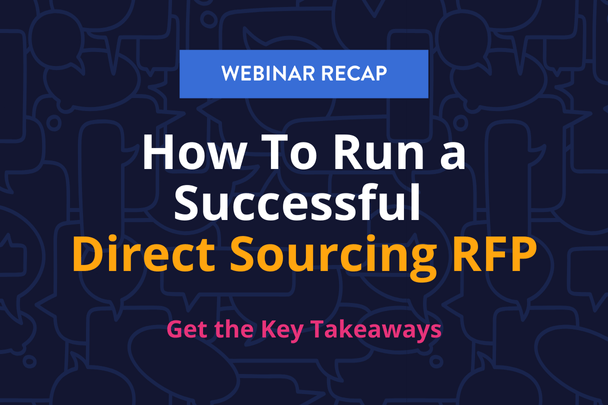Employers with 100 or more employees in the Commonwealth at any time during the prior calendar year will also be required to submit a yearly EEO data report, including both workforce demographics and pay data.
Requirements for EEO reports go into effect February 1, 2025.
- Reports will need to be categorized by race, ethnicity, sex, and job category.
- These reports are required to be filed with the Secretary of the Commonwealth each year by February 1.
Employers who fail to submit an annual report (or post salary ranges) open themselves up to monetary penalties and civil citations.
The law also prohibits employers from retaliating against or terminating employees who have taken action to enforce their rights under the law, made a complaint regarding an alleged violation, or instituted a proceeding or provided their testimony to a proceeding under the law.
While the different requirements of the law don’t come into effect until next year, now is the time for employers to ensure their processes and procedures are up to date and ready to comply with this new statute.








